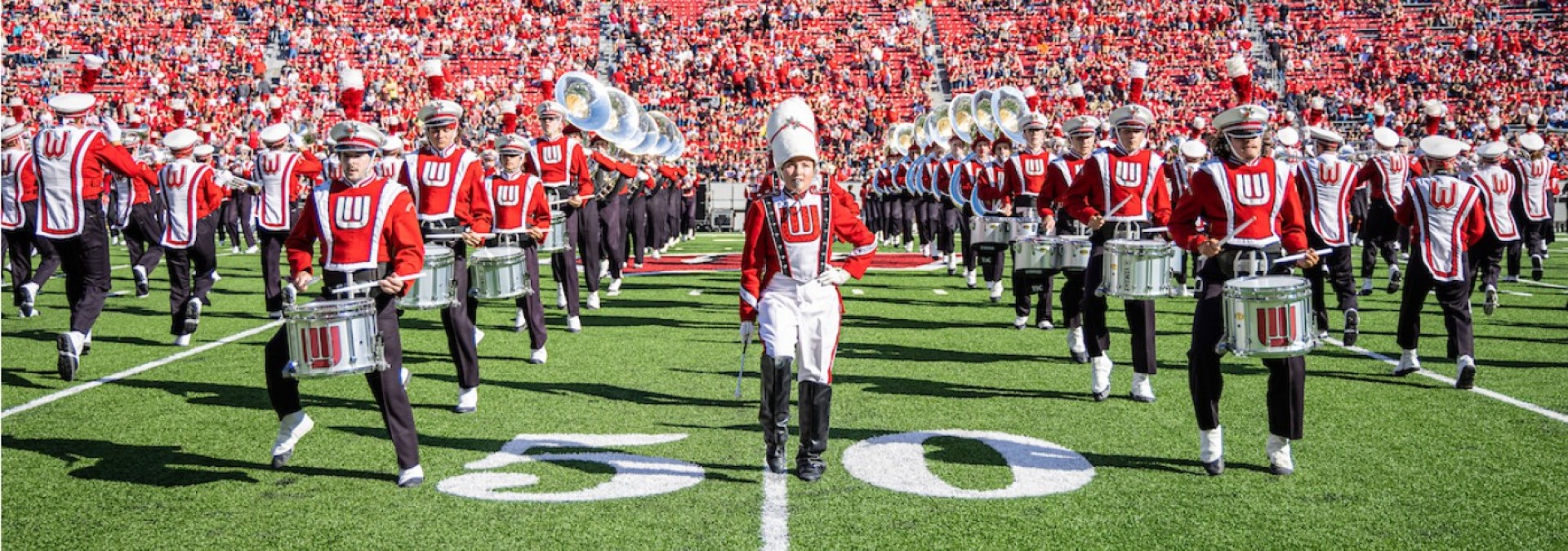×
Glossary
Audition: A tryout performance where musicians play in front of judges to earn a spot in a group or program, such as a youth orchestra or college music school.
Audition Panel / Judges: A group of professionals who listen to students perform and evaluate their musical ability, expression, and readiness for an ensemble or program.
Chicago Symphony / New York Philharmonic / Berlin Philharmonic: World-famous orchestras known for exceptional performance quality. Students are encouraged to listen to these groups as models of how excerpts should sound.
College Conservatory: A specialized college for advanced music training where students study performance, theory, and often prepare for professional careers in music most often on a university campus and part of the university.
Excerpts (Orchestral Excerpts): Short, specific sections from well-known orchestral pieces. These are used in auditions to test a musician’s skills like tone, rhythm, and expression.
Expression / Musical Storytelling: The ability to perform music in a way that conveys emotion, character, and phrasing—not just playing the right notes, but playing with feeling and intention.
Fingerings: The placement of fingers on an instrument to play certain notes. In auditions, tricky fingerings can make certain excerpts particularly difficult.
Full Score: A version of the sheet music that includes all the parts for every instrument in an orchestra. Studying it helps musicians understand how their part fits into the whole. The conductor conducts while reading a full score.
Instrument-Specific: Tailored to a particular musical instrument. Each instrument has its own list of “standard excerpts” that students are expected to learn.
Musicianship: The combination of technical ability and musical understanding. It includes tone, rhythm, expression, listening skills, and overall artistry.
Orchestra: A large group of musicians playing different instruments together—typically including strings, woodwinds, brass, and percussion.
Private Teacher: A music instructor who works one-on-one with students to help them improve on their instrument, often providing coaching for auditions.
Repertoire: A collection of music pieces a student is familiar with and can perform. “Standard repertoire” refers to music that is commonly studied and performed.
Rhythm: The pattern of beats and timing in music. Some excerpts are chosen because they test a student’s ability to play complicated rhythms.
Score Study: The process of looking at the full score to understand how a piece of music fits together. It helps musicians see beyond just their own part.
Standard Excerpts: The most commonly used orchestral excerpts for each instrument. Judges often expect students to know these by heart and prepare them thoroughly.
Tone Quality: The sound or timbre of an instrument—how clear, rich, and consistent it is. Judges listen closely for beautiful and controlled tone.
Youth Orchestra: A training orchestra for students, usually outside of school, where young musicians gain experience playing in a full ensemble.


.png) ARTICLE GLOSSARY
ARTICLE GLOSSARY

.png)
.png)


.jpg)
.jpg)
.jpg)

.png)




.jpg)
.png)










.jpg)



.jpg)
.jpg)
.jpg)
.jpg)
.jpg)

.png)
.png)

